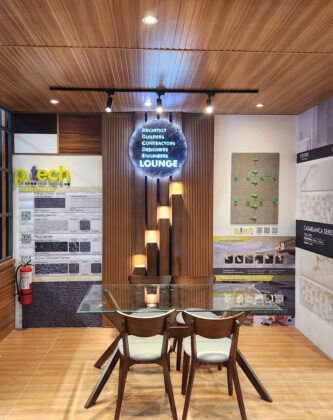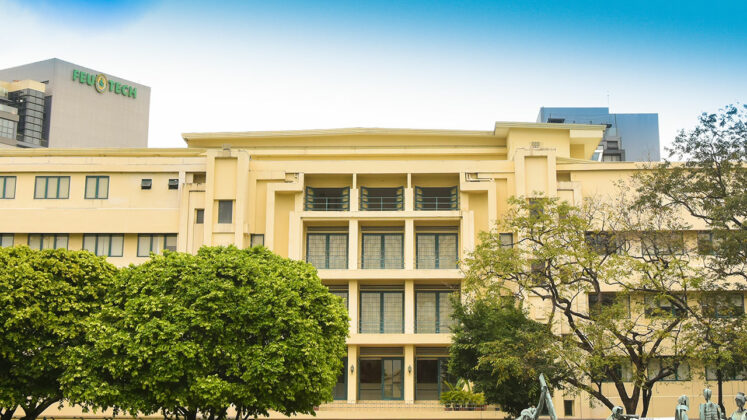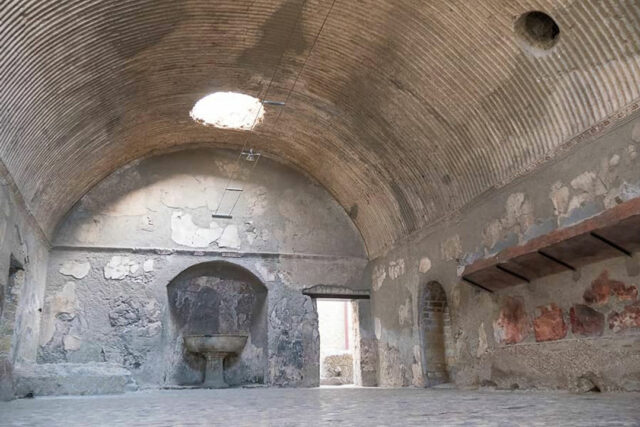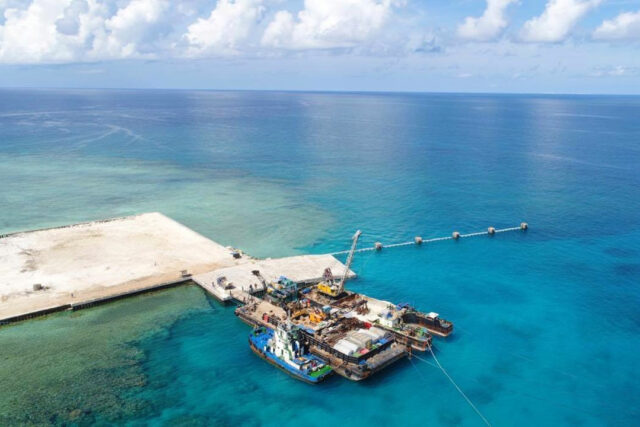Wilcon Depot builds big ideas at Villamonte, Bacolod

The leading retail giant in home improvement and building needs brought their household name to Villamonte, Bacolod on May 31. Providing excellent product lines and premium building services, Wilcon celebrates the 94th store opening, nearing the 100th store mark.
Once a vital settlement during the Spanish colonial era, sugarcane plantation is a typical scene along the highways of Bacolod, earning the title of “Sugar Bowl of the Philippines.” The northwestern city on the island of Negros is known for its illustrious people, glorious heritage, culture, and tradition. Known as the City of Smiles, Bacolod is a highly urbanized communication, trade, and service center of the Province of Negros Occidental. It is one of the most progressive and elite cities in the country.
 Wilcon strategically set up its new branch in the emerging powerhouse of the province, aiming to support its continuous progress by offering job opportunities and stimulating local employment. After the first arrival of Wilcon in Talisay City, Negros Occidental, Wilcon strives to expand its presence with a second store in the province, providing local residents with convenient access to quality home improvement and construction products, thereby reducing the need to spend travel outside the area.
Wilcon strategically set up its new branch in the emerging powerhouse of the province, aiming to support its continuous progress by offering job opportunities and stimulating local employment. After the first arrival of Wilcon in Talisay City, Negros Occidental, Wilcon strives to expand its presence with a second store in the province, providing local residents with convenient access to quality home improvement and construction products, thereby reducing the need to spend travel outside the area.
As part of its #FlyingHighTo100 expansion campaign, Wilcon is transforming the construction industry landscape round the clock to raise the standards of nation-building. This power move distinguished Wilcon in terms of quality, innovation, and sustainability. The 94th store grand opening is a step forward in Bacolod’s growth and development which was graced by Wilcon Depot executives, headed by President & CEO, local government officials, media friends, and industry partners.
Rosemarie Bosch-Ong, SEVP & COO of Wilcon Depot, welcomes the esteemed guests and underscores Wilcon’s continuous commitment to Bacoleños. “This 94th Wilcon store will serve the needs of Filipino homeowners, builders, and contractors, not just here, but also in the nearby areas. We promise that we will continue to uphold our commitment to providing high-quality products, excellent customer service, and innovative solutions to meet the evolving needs of every Bacoleño home enthusiast.”
Lorraine Belo-Cincochan, President & CEO of Wilcon Depot, concluded the program by celebrating the support and trust that have driven Wilcon Depot’s success: ‘We are a few stores away from our 100th. This achievement of reaching our 100th store milestone wouldn’t have been possible without the unwavering support and trust of everyone. To all Bacoleños, know that Wilcon is here to help you fulfill your dreams for your homes and spaces.”
With a focus on accessibility, ultimate convenience, exceptional customer service, innovation, sustainability, and high-quality product lines, the nearly 47-year-old retail company aims to deliver even more value to its loyal customers, stakeholders, suppliers, and industry partners. Wilcon’s resilient efforts to expand its network hope to serve more communities and become the top-of-mind destination nationwide for construction and home improvement needs.
Its product line is beyond impressive. Its exclusive and in-house products include Pozzi for trusted bathroom solutions; Hamden Kitchen Appliances, an ideal partner for your kitchen needs; Alphalux, an energy-efficient lighting solutions brand; Kaze, an appliance brand that will help you live a healthy space; Hills, a trusted brand for construction and electrical power tools; P.Tech, your partner for reliable building materials; Cifre, Emigres, STN Ceramica, Stylish Spanish Tiles with a contemporary interpretation of a classic style; Arte Ceramiche, Verona Tiles, and Huanqui, Asian tiles for a more sophisticated home; Energie Ker, Gardenia Orchide, and Novabell, Sophisticated Italian Tiles; Grohe and Kohler for bathroom and plumbing solutions; Franke, convenient kitchen solutions; and Rubi, a partner when it comes to tile-cutting necessities; and among many other brands, are made accessible in the new Wilcon Depot-Villamonte, Bacolod.
Start building big ideas with Wilcon Depot and shop daily at its newest store from 8:00 a.m. to 7:00 p.m. Visit Wilcon Depot Villamonte, Bacolod, located at Lot 3-A, NGC Circumferential Road, Brgy. Villamonte, Bacolod City, Negros Occidental. Valued customers can also shop online at Wilcon by visiting shop.wilcon.com.ph/.
Spotlight is BusinessWorld’s sponsored section that allows advertisers to amplify their brand and connect with BusinessWorld’s audience by publishing their stories on the BusinessWorld Web site. For more information, send an email to online@bworldonline.com.
Join us on Viber at https://bit.ly/3hv6bLA to get more updates and subscribe to BusinessWorld’s titles and get exclusive content through www.bworld-x.com.



























